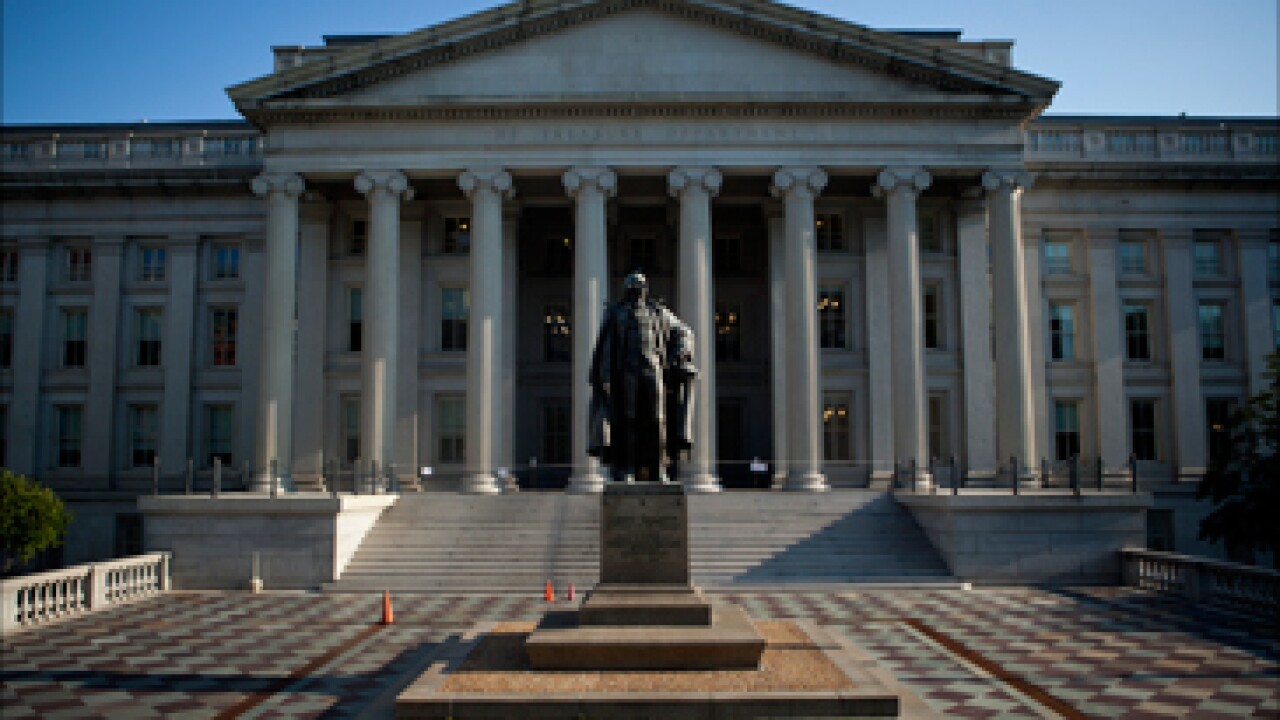Anyone doubting the need for new strategy to combat the economic problems caused by the rising tide of foreclosures need look no farther than daily headlines: "
For nearly 18 months we´ve listened to the banking industry promise that lenders will voluntarily modify mortgages, a process they agree is the only real solution to curtailing the economy´s tailspin. But voluntary modifications alone have not worked. Economists on both sides of the political aisle agree that, for many reasons, industry´s efforts have helped too few too late to make a difference.
The root cause of losses at financial service companies-losses that have forced the federal government to pump hundreds of billions of dollars into these firms-are mortgage foreclosures. Likewise for the battered economy, foreclosures fuel the ongoing slide in home values. Examine the current crisis any which way, it always come down to foreclosures and the need to stop as many as reasonably possible. The multitrillion-dollar taxpayer rescue of banking and insurance giants is bailing water from the boat. To plug the hole that´s sinking the boat in the first place, we have to stop the foreclosures.
House Speaker Nancy Pelosi got it right this week when she said we must allow bankruptcy judges to alter the terms of mortgage loans to help borrowers stay in their homes, and the sooner the better. This change would enable hundreds of thousands of families to avoid foreclosure at no additional cost to taxpayers. Though not a be-all-end-all solution, lifting the ban on allowing judges to modify home loans would be a giant step towards financial stability. It would be effective and fair:
1) These changes would save homes that would go otherwise go into foreclosure, so why not handle them in a manner that benefits everyone, including lenders and the community? Lenders and investors would get at least as much as they would in foreclosure, maybe more because they would be avoiding a fire sale.
2) Every foreclosure pushes down surrounding home values. Of the 8 million foreclosures forecast for the next four years, more than 2 million will occur this year alone and will cause hundreds of billions in lost equity for neighboring homes.
3) Borrowers in bankruptcy could keep their homes only if a judge determined they could make the monthly payments after a reasonable adjustment to the mortgage on their primary residence. (Vacation homes already can be modified by judges, so this isn´t a radical step.)
4) Borrowers getting a modification hardly get a walk in the park. Their credit is damaged, and they will have to work over years to fix that. Moreover, the relief would be available only for Chapter 13 "repayment plan" bankruptcies (not Chapter 7 liquidations), which require a borrower to have every expenditure supervised by the court for 3 to 5 years. That makes it highly unlikely that anyone looking to "scam" the system would find this a desirable route to take.
5) This solution would require no taxpayer dollars.
When there´s a car crash, it´s often logical to blame the driver. When there are millions of accidents all involving one make of car, it´s crazy to blame the drivers. Fed Chairman Bernanke has called the loans that started this fiasco "unfair" and "deceptive." It´s only common sense to let judges help solve problems with home loans the way they already do on vacation homes, family farms, and commercial property. Time is running out. We need to act now.
Mike Calhoun is the president of the Center for Responsible Lending, a research and policy group.





